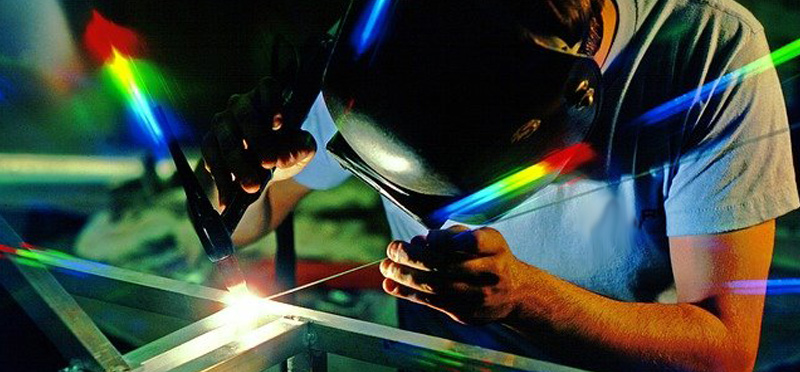Claiming an employee invention

The claiming of an employee invention is an essential aspect of the German Employee Invention Act (ArbnErfG).
This is because the prerequisite for a claim to inventor remuneration under ArbnErfG employee invention law under § 9 ArbnErfG is the statutory transfer of rights pursuant to § 7 (1) ArbnErfG that has taken place through the effective claim. The effective and unrestricted claiming of an employee invention is, therefore, the key to the inventor's claim to remuneration.
But when has an 'effective and unrestricted' claim been made?
By the employer making a corresponding declaration of claim? Or by filing a patent application for the reported invention? And what applies in the case of purely internal use of the employee invention?
Fiction of claim
About claiming, it is important to know that the legal regulation on claiming was reversed on 1 October 2009 (ArbnErfG, § 6 Claiming).
Until this date, all employee inventions automatically became free after the expiry of four months after notice of this invention, if the employer did not take action on his part to bring about a claim. A lack of reaction by the employer thus led to the automatic non-claiming of a service invention. Since 1.10.2009, this has been the other way round: the fictitious claim rule applies.
According to the current law, a lack of reaction by the employer to an invention disclosure after the expiry of four months after the invention disclosure triggers a tacit claim under § 6 (2) ArbnErfG, which occurs without any active intervention by the employer. Thus, if an employer does not effectively reject or release the reported invention, all property rights to the service invention are transferred to the employer by the fictitious claiming provision - and also the remuneration obligations arising therefrom.
Claiming without a formal invention disclosure?
Consequently, an employer can claim an employee's invention after invention disclosure by declaring it to the employee (§ 6 (1) ArbnErfG) - but he does not have to. As regards notice of the invention: according to established case law, the notice about the invention must be made separately and in writing and must explain to the employer the relevant aspects (and the possible co-inventors) surrounding the invention.
Even without such a formal invention disclosure, a claim can be triggered. This is because if the employer files a patent application for the reported invention (which, according to the Employee Invention Act, is even his duty), this is considered equivalent to a proper invention disclosure according to BGH case law (14.02.2017, Ref.: X ZR 64/14 - Lichtschutzfolie). This has effects on claiming an employee invention.
Because from this point in time (i.e. the patent application of the invention by the employer), the 4-month period for the employer runs - if the employee submits a compliant notice of the invention after the patent application has been filed.
The employer must write and release the invention, otherwise, the fiction of the claim applies.
This applies regardless of whether the invention is used internally or for external distribution. And it is also independent of the compliance of the form of notice of the invention. For, If the employer does not criticize the form within 2 months, the invention disclosure is deemed to be in order (§ 5 ArbnErfG).
Conclusion
In any case, it is recommended that an employer reacts to every invention disclosure, no matter how non-compliant it may be. If the employer does not respond, the invention disclosure is transferred to him under the current law for claiming.
Nevertheless, the aspect of claiming may be relevant for cases under the old law, i.e. for all invention disclosures made before 30 September 2009. Until then, an employer had to actively file a declaration of the claim. And since a patent is protected for a maximum of 20 years, corresponding cases could still occur in this context ‘Claiming of an employee invention’ until 2029.
Are there any questions about inventor remuneration in Germany? Outsource your duty about employee inventions and receive the calculation of the individual remuneration claims: independently, professionally, and in compliance with German and European law.
Please contact us at via info@kollner.eu.







